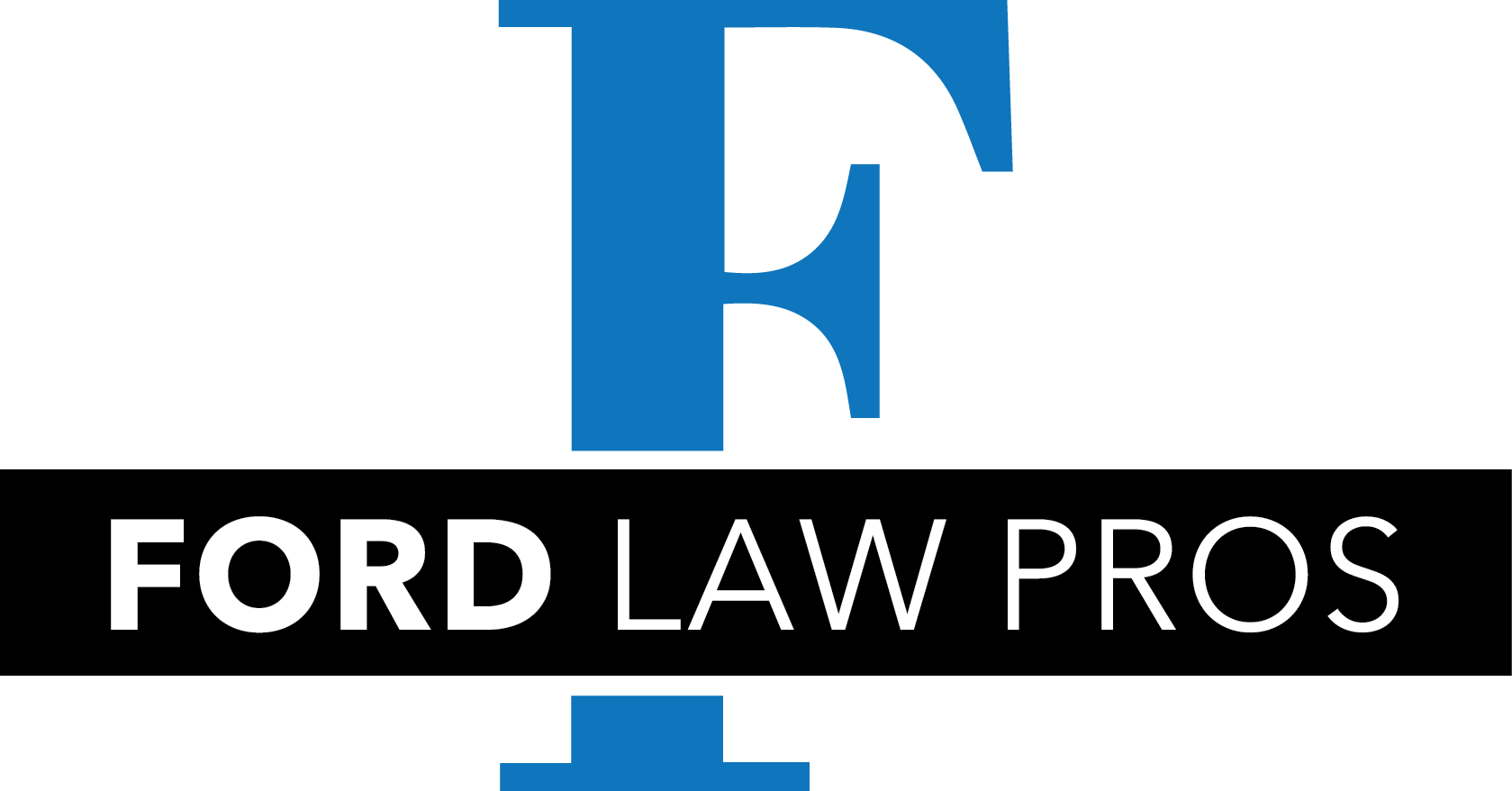Misinformation is circulating about the rights of landlords vis-a-vis tenants with regards to evictions. Here is a question/answer summary of where things stand currently in the District of Columbia.
When can landlords begin evicting tenants through legal proceedings in the District of Columbia?
The moratorium that has stopped all evictions in the District of Columbia is not going to end on October 12, 2021 contrary to what several outlets are reporting. The amended emergency COVID-19 legislation passed by the DC Council on July 30, 2021 states that landlords may begin sending notices for nonpayment of rent immediately after the bill goes into effect, and may begin filing for evictions on October 12, provided the tenant owes at least $600 in rent, the landlord has applied for relief on behalf of the tenant through an existing DC rental relief program, and the tenant has been given a 60-day past due rent notice. Landlords may begin sending notices for non-monetary tenant defaults on September 26, but notices of eviction may not be submitted until January 1, 2022. Through this phase-out plan, all evictions will ultimately be allowed by February 22, 2022.
Does DC have any tenant protections in place under its emergency COVID-19 legislation?
Yes. The law also provides tenants with certain new housing protections, including (i) for those tenants who have applied for assistance within the 60-day past-due period, a legal defense against eviction while their application is pending, (ii) for those tenants denied rental assistance, a rent payment plan that will avoid eviction proceedings, and (iii) for all tenants citywide, a prohibition on rent increases through the end of 2021. An additional provision also requires that landlords provide clear, plain language notices when giving notices of past-due rent, including specifying how much rent is owed, that the tenant has a right to remain in a rental unit while on a repayment plan, and contact information for STAY DC, the rental relief program operated by the District of Columbia.
Can debt collectors for credit card companies, mortgage lenders and other types of consumer debt engage in collection actions such as lawsuits, wage garnishments and other judicial means of enforcing judgments for unpaid debts?
Yes and no. DC just passed the Protecting Consumers from Unjust Debt Collection Practices Emergency Amendment Act of 2021. This law is temporary and will be in effect beginning September 23, 2021. The law has several restrictions that limit a debt collectors’ ability to collect until the legislation expires.
What types of debt does the Debt Collection Act apply to?
All consumer debt. The Act defines “consumer debt” as money or its equivalent, or a loan or advance of money, which is, or is alleged to be, more than 30 days past due and owing, unless a different period is agreed to by the debtor, as a result of a purchase, lease, or loan of goods, services, or real or personal property for personal, family, medical, or household purposes.
What new restrictions apply to debt collectors while the law is in place?
communicating with the consumer or any member of the consumer’s family or household in such a manner that can reasonably be expected to abuse or harass the consumer, including communications at an unreasonable hour or with unreasonable frequency, or by making in excess of 3 phone calls, inclusive of all phone numbers and accounts the creditor or debt collector has for the consumer, in any 7-day period. The limit of 3 calls in any 7-day period shall not apply to calls made to a debt collector by a consumer or any calls to the consumer at the request of the consumer.
Seeking to collect funds from a consumer that the debtor collector knows or has reason to know are exempt from attachment or garnishment under federal or District law
The threat of any action which the credit or debt collector cannot legally take or any action which the creditor or debt collector in the usual course of business does not in fact take.
If the plaintiff is the prevailing party in any action to collect a consumer debt, the plaintiff shall be entitled to collect attorneys’ but not in excess of 15%of the amount of the debt excluding attorneys’ fees and collection costs. This is true even if the contract or other document which provides for the payment of reasonable attorney’s fees by the debtor, without specifying any specific
percentage.
What new consequences against violators of the debt collection act have been added while the law is in place?
Punitive damages may be awarded against a creditor is willfully violates any provision of the Act.
Yaida Ford is an attorney in Washington, D.C. Her practice areas include civil rights and condominium law.


